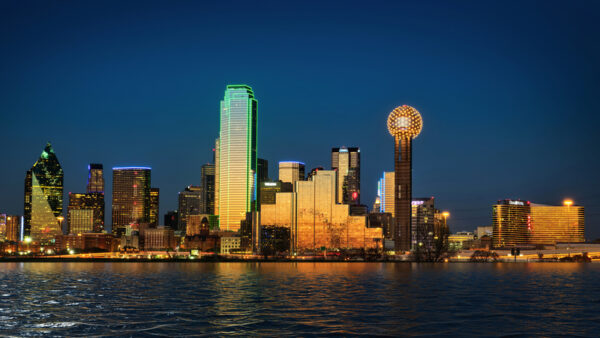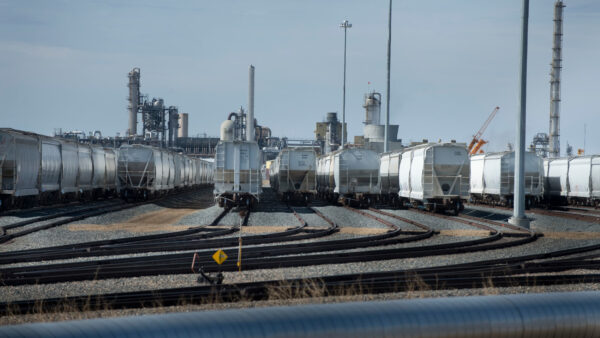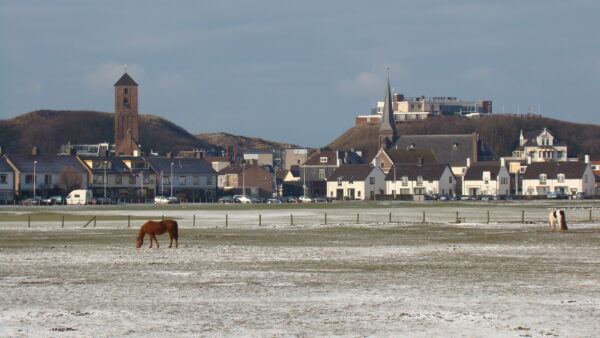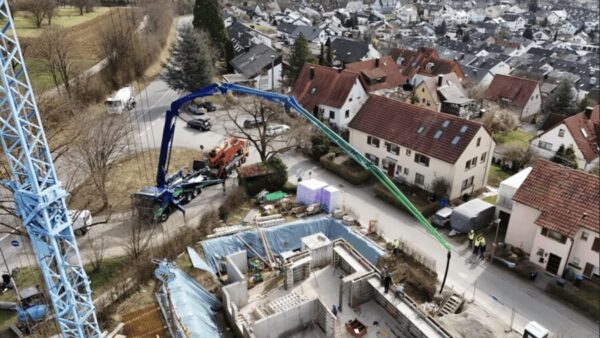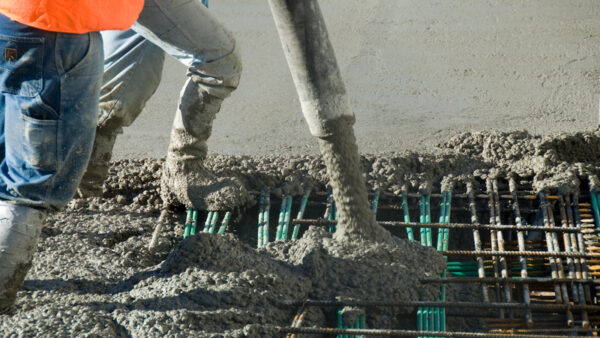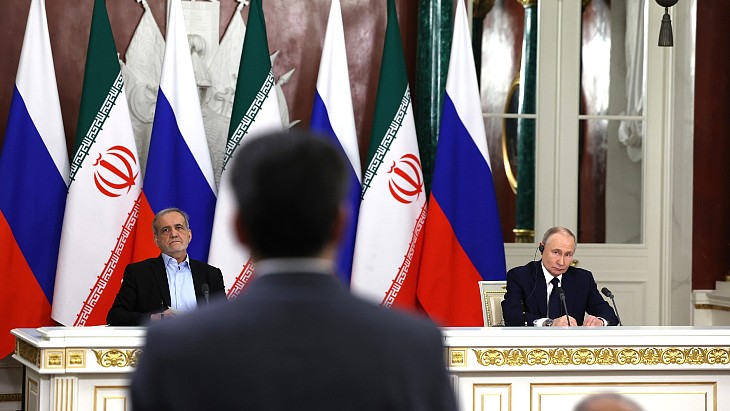
Russia has agreed to help Iran to build a greenfield nuclear power plant (NPP) and to further expand its existing facility in Bushehr on the country’s Gulf coast, the Mehr news agency reported on Friday.
Mohsen Paknejad, Iran’s oil minister, said Russia would provide credit and engineering know-how for the projects. He was speaking during the 18th Joint Economic Cooperation Commission, held in Moscow last week.
The news follows an article in the official Islamic Republic News Agency in January that said negotiations with Russia about the construction of a second large-scale NPP would begin “in the near future”.
Last year, Iran began work on preparing a site for an NPP in Hormozgan Province, near the town of Sirik on the Strait of Hormuz (see further reading).
Abbas Araghchi, Iran’s foreign minister, commented on X that “tens of billions of dollars in potential contracts were up for grabs”, and added that Iran was “not opposed” to scientific and technical cooperation with the US on the programme.
Iran and the US are presently engaged in diplomatic negotiations over Iran’s nuclear plans and its stockpile of enriched uranium.
At present, Iran has only one commercial-scale reactor in operation – a Rosatom-designed VVER-1000 at Bushehr. Last week, Tehran said it wanted to add 19 more units over the next 15 years, a figure that presumably includes two other reactors that are currently being built by Rosatom at Bushehr.
The Atomic Energy Organisation of Iran said last year that Bushehr would eventually be a five-reactor NPP.
Iran also is building a 300MW small nuclear plant in Khuzestan province, near the Iraqi border. That reactor will supply first power in 2030.
Araghchi also announced an agreement with Russia to strengthen cooperation in the upstream sectors of their oil industries, and the development of Iran’s oil and gas fields.
Iran has the second largest natural gas reserves in the world, but has struggled to exploit them owing to sanctions. In the past, the country has expressed fears that it may become a net gas importer if it fails to develop its industry, and the economic embargo continues.
- Subscribe here to get stories about construction around the world in your inbox three times a week
Further reading:






